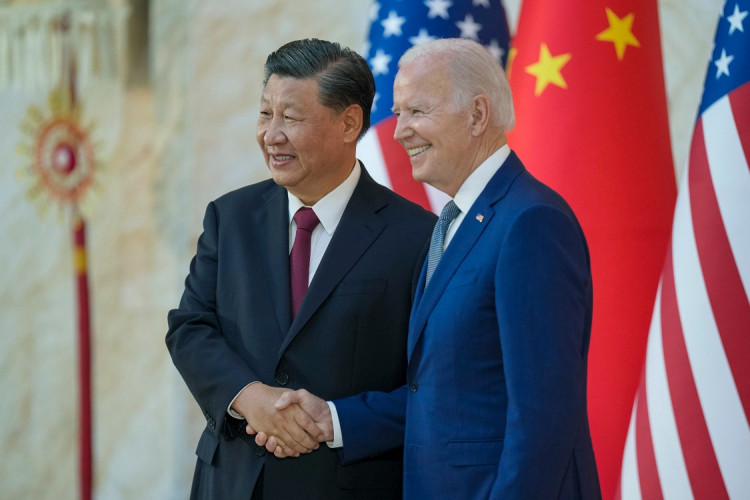President Joe Biden is scheduled to meet with Chinese President Xi Jinping next Wednesday in the San Francisco Bay Area, a pivotal encounter aimed at tempering the escalating tensions between the United States and China. Amidst a backdrop of global unrest, including conflicts in the Middle East and the war in Ukraine, this high-profile meeting marks a crucial attempt by the Biden administration to stabilize the most significant bilateral relationship on the global stage.
Despite the longstanding personal rapport between Biden and Xi, cultivated during their tenure as vice presidents, their leadership has seen U.S.-China relations plunge to their lowest point in decades. The critical issues on the table for discussion range from military escalation in the South China Sea and around Taiwan, human rights concerns, to areas of potential cooperation such as climate change and combating narcotics trafficking. Restoring military-to-military communication is a chief goal for President Biden, who intends to press President Xi on this crucial matter.
This meeting, set against the significant gathering of Pacific leaders in California, has been meticulously planned over several months. It required intense preparation from both sides, with the Chinese expected to formally announce Xi's participation. White House officials view the mere occurrence of this meeting as a positive development, following a period marred by friction and mistrust.
However, expectations are tempered, with U.S. officials entering the summit with a pragmatic outlook, not anticipating a comprehensive resolution of issues. The primary objective is to establish a "framework" for managing competitive relations between the two superpowers, aiming to clarify misunderstandings and prevent unforeseen complications.
Key sticking points include Taiwan, the self-governing island that China claims as its own and has vowed to reclaim by force if necessary, and the new limits imposed by Biden on advanced technology exports to China, citing national security concerns. Additionally, the U.S. has been pressuring China to adopt a more constructive role in global conflicts, particularly the Israel-Hamas conflict and the Russia-Ukraine war.
The importance of this summit extends beyond bilateral relations, as it also impacts global stability. The meeting is seen as a test of whether Biden and Xi can slow the downward spiral of relations at a time of significant international turmoil.
The summit promises to be extensive, spanning multiple working sessions. Despite the challenges and complex dynamics involved, the meeting is a step towards engaging in more regular dialogues, an essential aspect of normalizing ties in a context of heightened economic and military tension.
As the world awaits the outcome of this crucial summit, it is clear that the stakes are high. The discussions between Biden and Xi will not only shape the future trajectory of U.S.-China relations but also have far-reaching implications for international peace and security.





